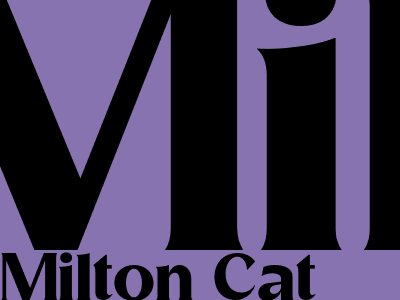Search Engine Optimization Guide for Bloggers
1. Keyword Research
Keyword research is the foundation of SEO. It helps you identify the words and phrases that your target audience is searching for online. Once you know what keywords your audience is using, you can optimize your blog content to rank higher in search engine results pages (SERPs).
There are a number of different ways to do keyword research. One popular method is to use Google Keyword Planner. This tool allows you to enter a seed keyword and see a list of related keywords, along with their search volume and competition level.
Another way to do keyword research is to use a keyword research tool like SEMrush or Ahrefs. These tools provide you with more detailed information about keywords, including their search volume, competition level, and cost-per-click (CPC).
2. On-Page Optimization
On-page optimization refers to the changes you make to your blog content and website to make it more search engine friendly. There are a number of different on-page optimization techniques, including:
- Optimizing your title tags and meta descriptions. Your title tag is the clickable headline that appears in SERPs. Your meta description is the brief summary of your page that appears below your title tag. Both of these elements should be optimized for your target keywords.
- Using header tags. Header tags (H1, H2, H3, etc.) help to structure your content and make it more readable. You should use header tags to highlight your most important keywords.
- Including images and videos. Images and videos can help to break up your text and make your content more visually appealing. Be sure to optimize your images and videos for your target keywords.
- Creating internal links. Internal links help to connect your different blog posts and pages. This helps to keep visitors on your site and can also help to improve your SEO.
3. Off-Page Optimization
Off-page optimization refers to the activities you do outside of your website to improve your SEO. There are a number of different off-page optimization techniques, including:
- Building backlinks. Backlinks are links from other websites to your website. They are one of the most important factors in SEO. The more high-quality backlinks you have, the higher your website will rank in SERPs.
- Participating in social media. Social media is a great way to connect with your target audience and promote your content. Be sure to share your blog posts on social media and interact with your followers.
- Guest blogging. Guest blogging is a great way to get your content in front of a new audience. Reach out to other bloggers in your niche and offer to write a guest post for their blog.
4. Tracking Your Results
It's important to track your SEO results so that you can see what's working and what's not. There are a number of different ways to track your SEO results, including:
- Google Analytics. Google Analytics is a free tool that can help you track your website's traffic and see how visitors are finding your site.
- Google Search Console. Google Search Console is a free tool that can help you track your website's performance in SERPs.
- Rank tracking tools. Rank tracking tools can help you track your website's ranking for specific keywords.

Comments